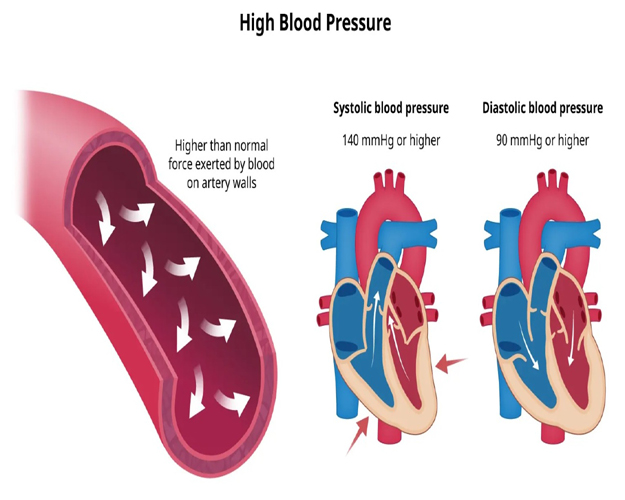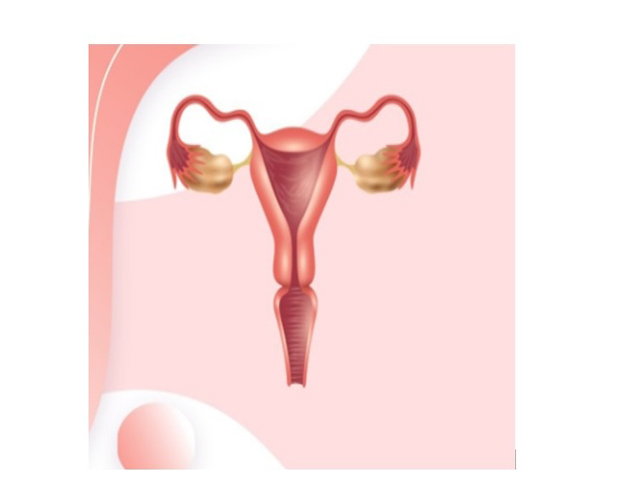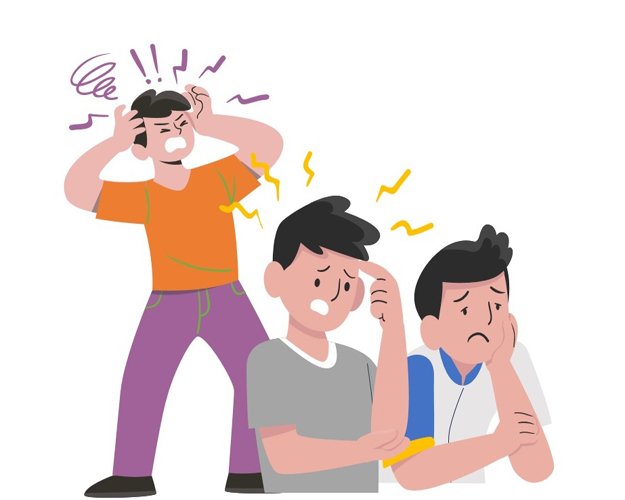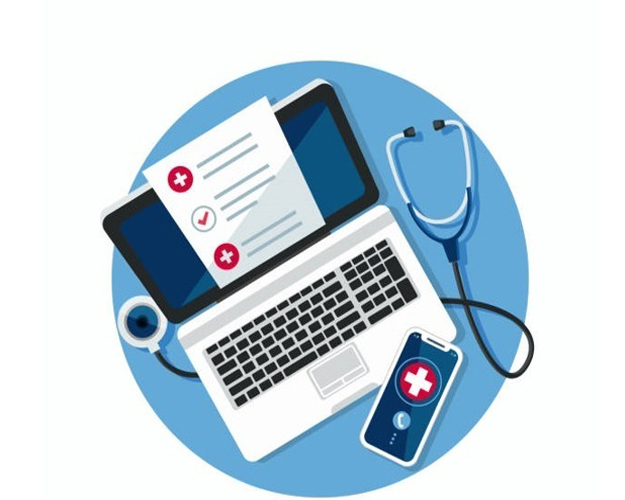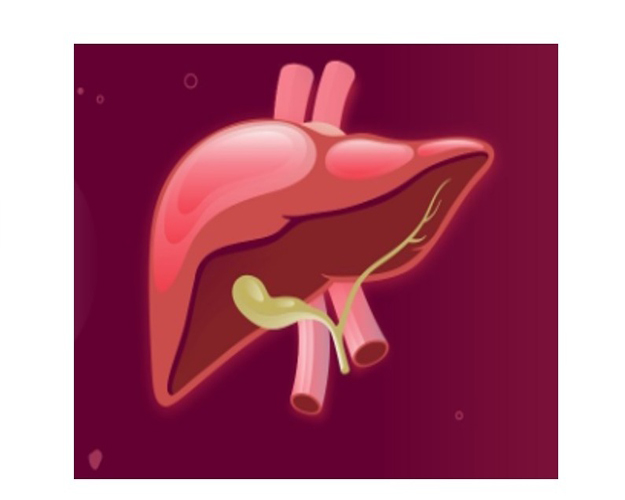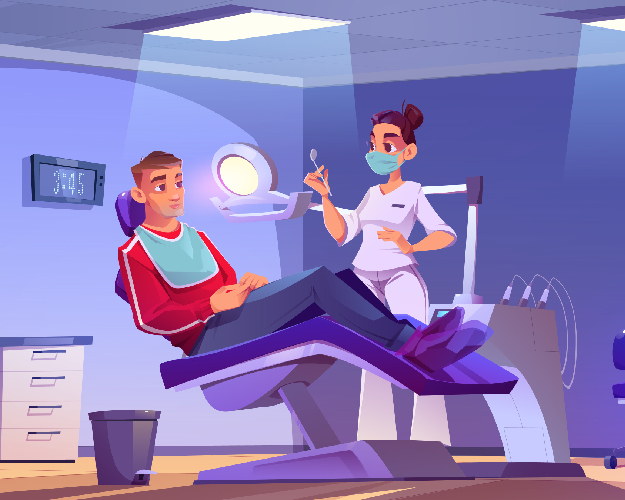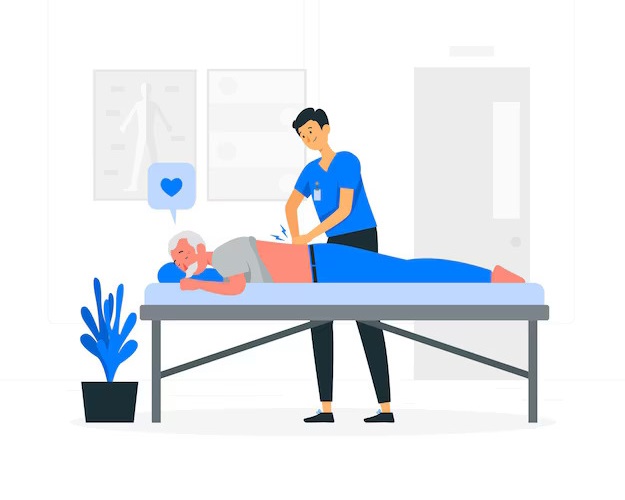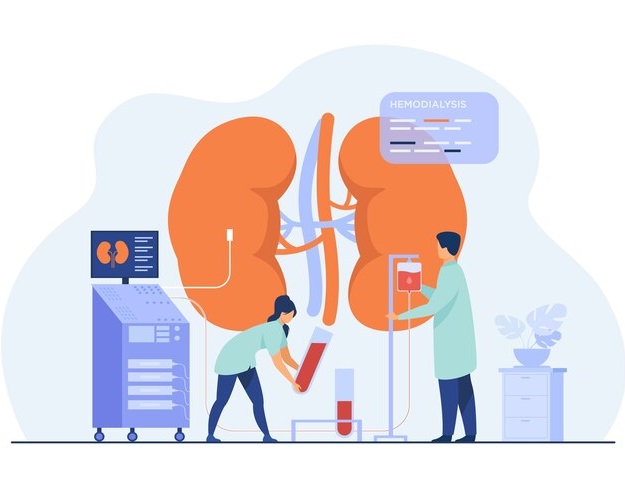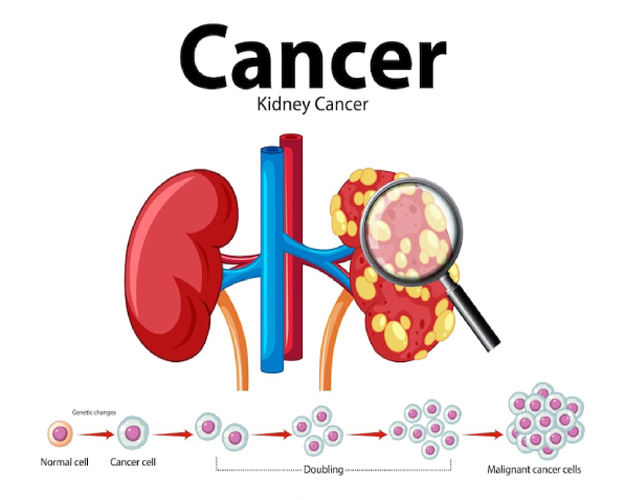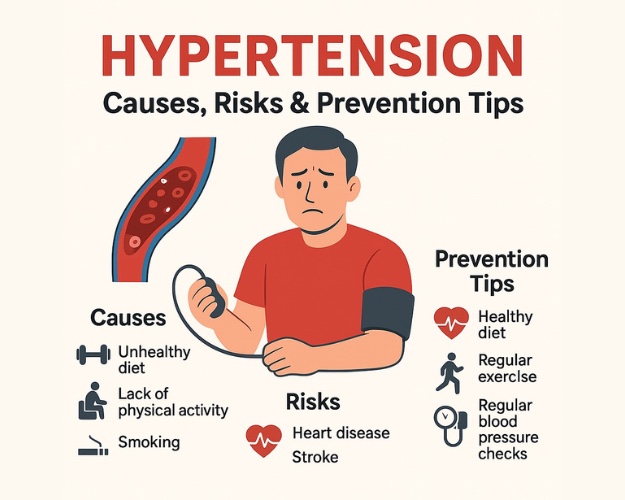
Hypertension: Causes, Risks & Prevention Tips
Learn what hypertension is, its causes, risk factors, complications, and prevention tips. Expert guidance from ITM Hospital Gwalior for better heart health.
Hypertension—commonly known as high blood pressure—is one of the most significant global health concerns. Often called the “silent killer,” it can cause severe and long-term damage without showing noticeable symptoms.
This comprehensive guide explains the causes, risk factors, complications, symptoms, and prevention strategies to help you maintain a healthy heart.
What is Hypertension?
Hypertension refers to consistently elevated pressure of blood against the artery walls. Over time, this increased pressure forces the heart to work harder and causes damage to blood vessels and vital organs.
Since hypertension usually presents no early warning signs, many individuals remain undiagnosed until complications such as heart disease, stroke, or kidney failure occur. Regular screening is essential, especially for adults over 30.
Types and Causes of Hypertension
Hypertension is classified into two primary types: Primary (Essential) and Secondary Hypertension.
1. Primary (Essential) Hypertension
This is the most common form and develops gradually over several years without a specific identifiable cause. Contributing factors include:
1. Genetic predisposition
2. Increasing age
3. Unhealthy or high-sodium diet
4. Physical inactivity
5. Obesity
6. Chronic stress
2. Secondary Hypertension
This type develops due to underlying medical conditions or certain medications. Common causes include:
1. Kidney disorders
2. Thyroid abnormalities
3. Adrenal gland tumors
4. Sleep apnea
5. Certain medicines (painkillers, contraceptive pills, decongestants)
6. Illegal drug use
7. Congenital blood vessel defects
Secondary hypertension often appears suddenly and may cause higher blood pressure than primary hypertension.
Common Risk Factors for Hypertension
Several lifestyle and health-related factors can increase your chances of developing high blood pressure:
1. Family history of hypertension
2. Being overweight or obese
3. High salt (sodium) intake
4. Low potassium intake
5. Sedentary lifestyle
6. Excessive alcohol or caffeine consumption
7. Smoking or tobacco use
8. Diabetes or kidney disease
9. Obstructive sleep apnea
10. Older age
11. Chronic stress
Understanding these factors helps in early prevention and timely intervention.
Potential Complications of Uncontrolled Hypertension
High blood pressure affects nearly every organ system, making early management crucial. If left untreated, it may lead to:
1. Heart Disease
Hypertension damages artery walls, accelerates plaque buildup (atherosclerosis), and increases the risk of:
1. Heart attack
2. Heart failure
3. Arrhythmias
2. Stroke
High BP can rupture or block blood vessels in the brain, leading to a severe or fatal stroke.
3. Kidney Damage
Chronic hypertension affects kidney function, potentially resulting in chronic kidney disease or kidney failure.
4. Aneurysm
Blood vessel walls may weaken, form bulges (aneurysms), and potentially rupture—causing life-threatening internal bleeding.
5. Vision Loss
Damage to blood vessels in the eyes may result in blurred vision or blindness.
6. Cognitive Decline
Long-term uncontrolled hypertension may contribute to memory problems or dementia.
Hypertension: Causes, Risks & Prevention Tips
Most individuals have no noticeable symptoms, which makes regular monitoring essential.
However, during a hypertensive emergency (BP above 180/120 mmHg), symptoms may include:
a. Severe headache
b. Chest pain
c. Dizziness
d. Blurred vision
e. Nausea or vomiting
f. Shortness of breath
g. Confusion
Seek immediate medical attention if these symptoms appear.
How to Prevent Hypertension: Proven Strategies
Prevention plays a major role in reducing the risk of long-term complications. Evidence-based lifestyle measures include:
1. Maintain a Healthy Weight
Even a modest weight reduction substantially lowers blood pressure.
2. Exercise Regularly
Engage in at least 30 minutes of aerobic activity—walking, cycling, swimming—on most days of the week.
3. Follow a Balanced Diet
Prioritize:
1. Fruits and vegetables
2. Whole grains
3. Lean proteins
4. Low-fat dairy products
This aligns with the DASH diet, recommended for lowering blood pressure.
4. Reduce Salt Intake
Choose fresh foods, avoid processed items, and read nutrition labels to keep sodium levels low.
5. Limit Alcohol and Caffeine
Drink in moderation or avoid both to prevent sudden BP spikes.
6. Manage Stress
Practice relaxation techniques like yoga, meditation, breathing exercises, or mindfulness.
7. Quit Smoking
Stopping tobacco use immediately improves heart and blood vessel health.
8. Monitor Blood Pressure Regularly
Home BP monitors and routine screenings help detect hypertension early.
9. Prioritize Good Sleep
Aim for 7–8 hours of quality sleep to maintain healthy cardiovascular function.
Conclusion: Take Charge of Your Heart Health
Hypertension is preventable and manageable with the right lifestyle choices and timely medical care. Regular checkups, a balanced diet, physical activity, and stress management go a long way in protecting your health.For expert evaluation and personalized hypertension management, trust the heart care specialists at ITM Hospital & Research Centre, Gwalior.
✔ Call-to-Action (CTA)
Concerned about your blood pressure?
Book a consultation with our experienced cardiologists at ITM Hospital & Research Centre, Gwalior.
📞 Contact Us: +91 9090191963/64

